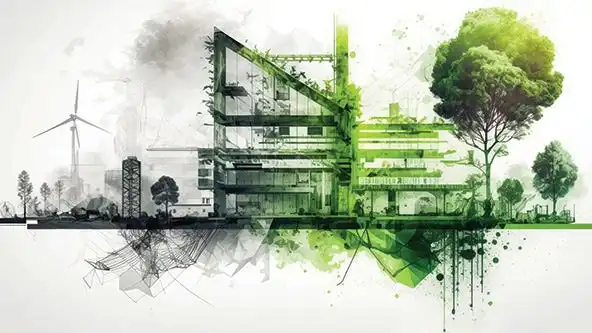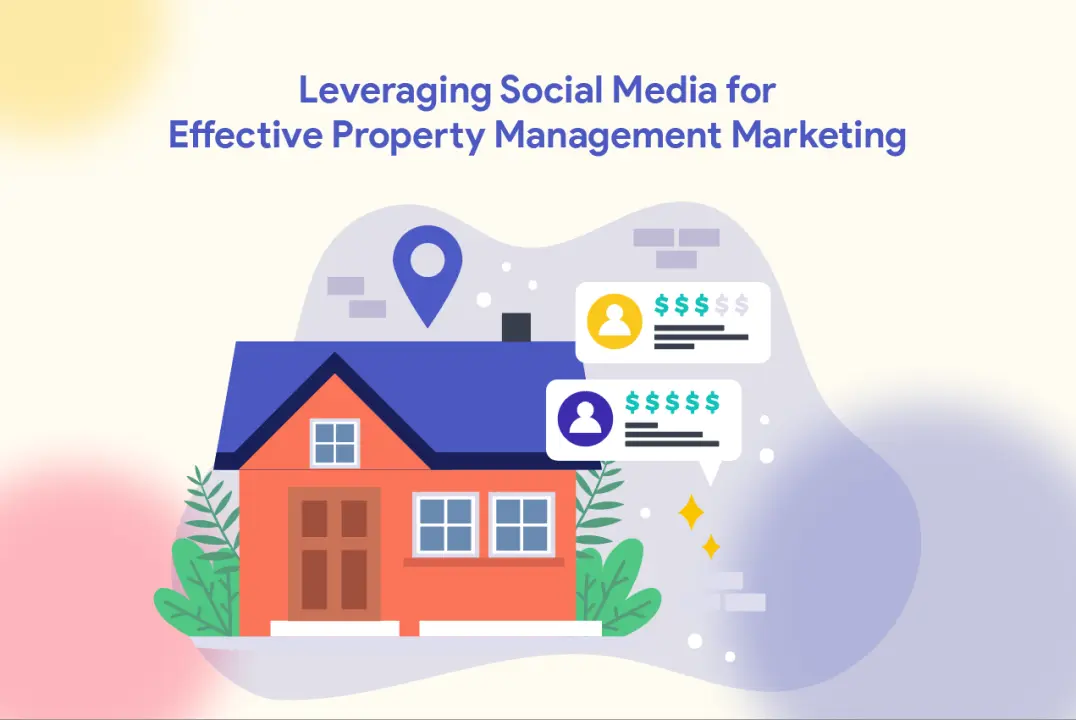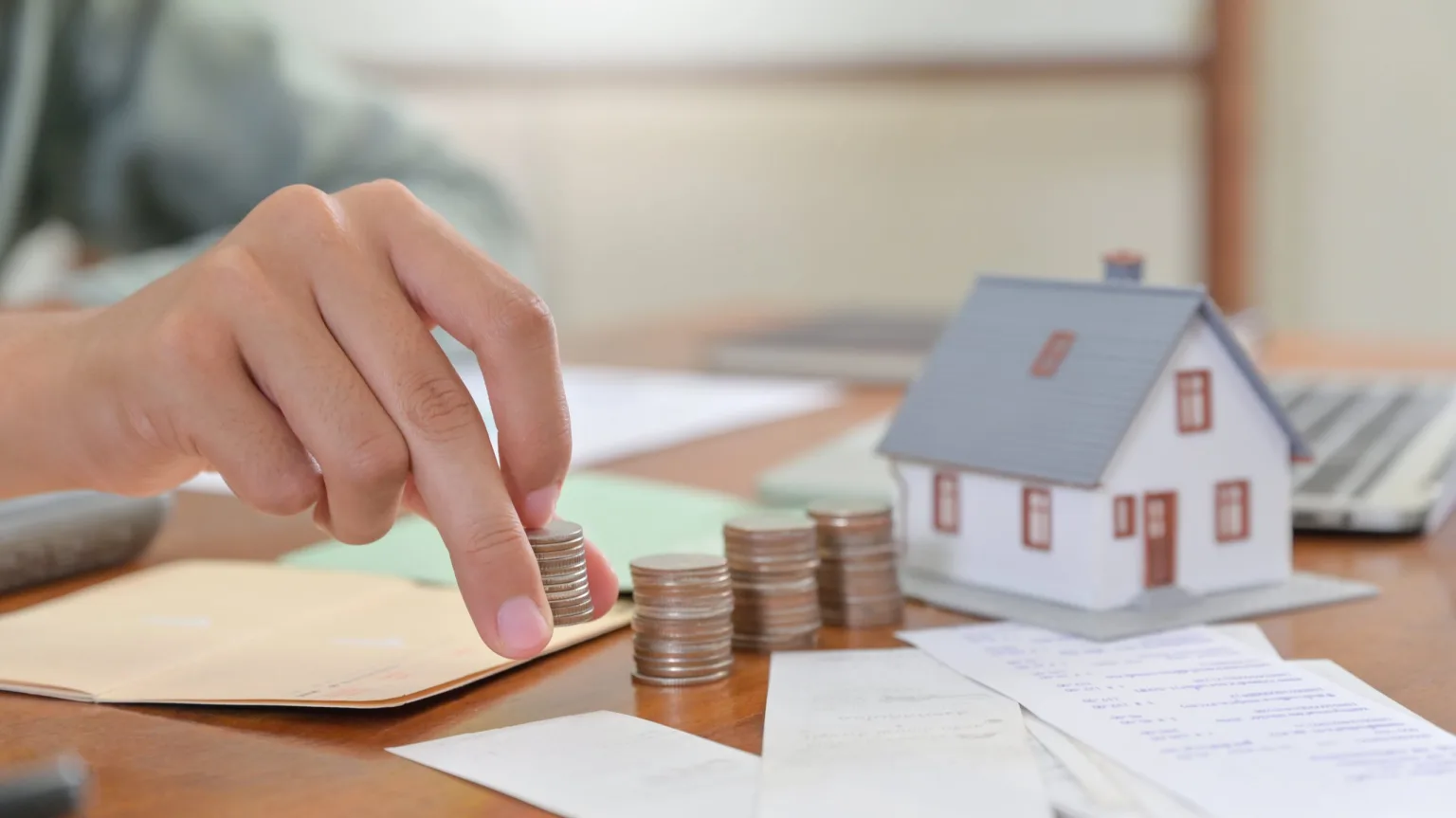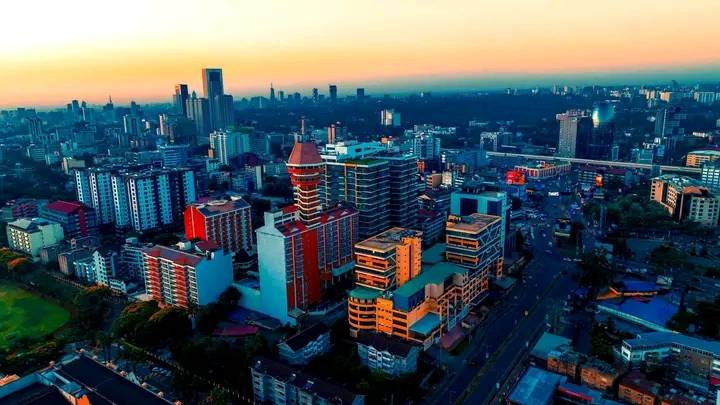Sustainability is becoming increasingly important in the real estate sector worldwide, and Kenya is no exception. With growing environmental awareness and regulatory pressures, developers and investors are adopting sustainable practices to minimize their environmental impact and create healthier communities. This blog explores sustainable practices in real estate development in Kenya and their benefits.
1. Green Building Certification
Green building certifications, such as LEED (Leadership in Energy and Environmental Design) and EDGE (Excellence in Design for Greater Efficiencies), are gaining popularity in Kenya. These certifications recognize buildings that meet high standards of energy efficiency, water conservation, and sustainable materials. Developers can differentiate their projects and attract environmentally conscious tenants or buyers.
2. Energy-Efficient Design
Incorporating energy-efficient design features can significantly reduce a building’s energy consumption and operational costs. Examples include solar panels for renewable energy generation, energy-efficient lighting and appliances, and passive design strategies that optimize natural light and ventilation.
3. Water Conservation Measures
Water scarcity is a growing concern in Kenya, making water conservation measures essential in real estate development. Developers can implement technologies such as rainwater harvesting systems, low-flow fixtures, and water-efficient landscaping to reduce water consumption and minimize environmental impact.
4. Sustainable Materials and Construction Practices
Using sustainable materials and construction practices can reduce the carbon footprint of a building. This includes choosing locally sourced materials to minimize transportation emissions, using recycled or renewable materials, and adopting construction techniques that minimize waste generation.
5. Green Spaces and Urban Biodiversity
Incorporating green spaces, rooftop gardens, and urban biodiversity initiatives into real estate developments can enhance the quality of life for residents while promoting environmental sustainability. These features improve air quality, provide habitat for wildlife, and create recreational opportunities for residents.
6. Community Engagement and Education
Educating residents and stakeholders about sustainable living practices can foster a culture of sustainability within real estate developments. Developers can organize workshops, seminars, and community events to raise awareness about energy conservation, waste management, and sustainable lifestyle choices.
Sustainable practices in real estate development not only contribute to environmental conservation but also offer economic benefits and enhance the quality of life for residents. By adopting green building certifications, implementing energy-efficient design features, conserving water, using sustainable materials, creating green spaces, and engaging with the community, developers can create more resilient and attractive properties in Kenya’s evolving real estate market.





